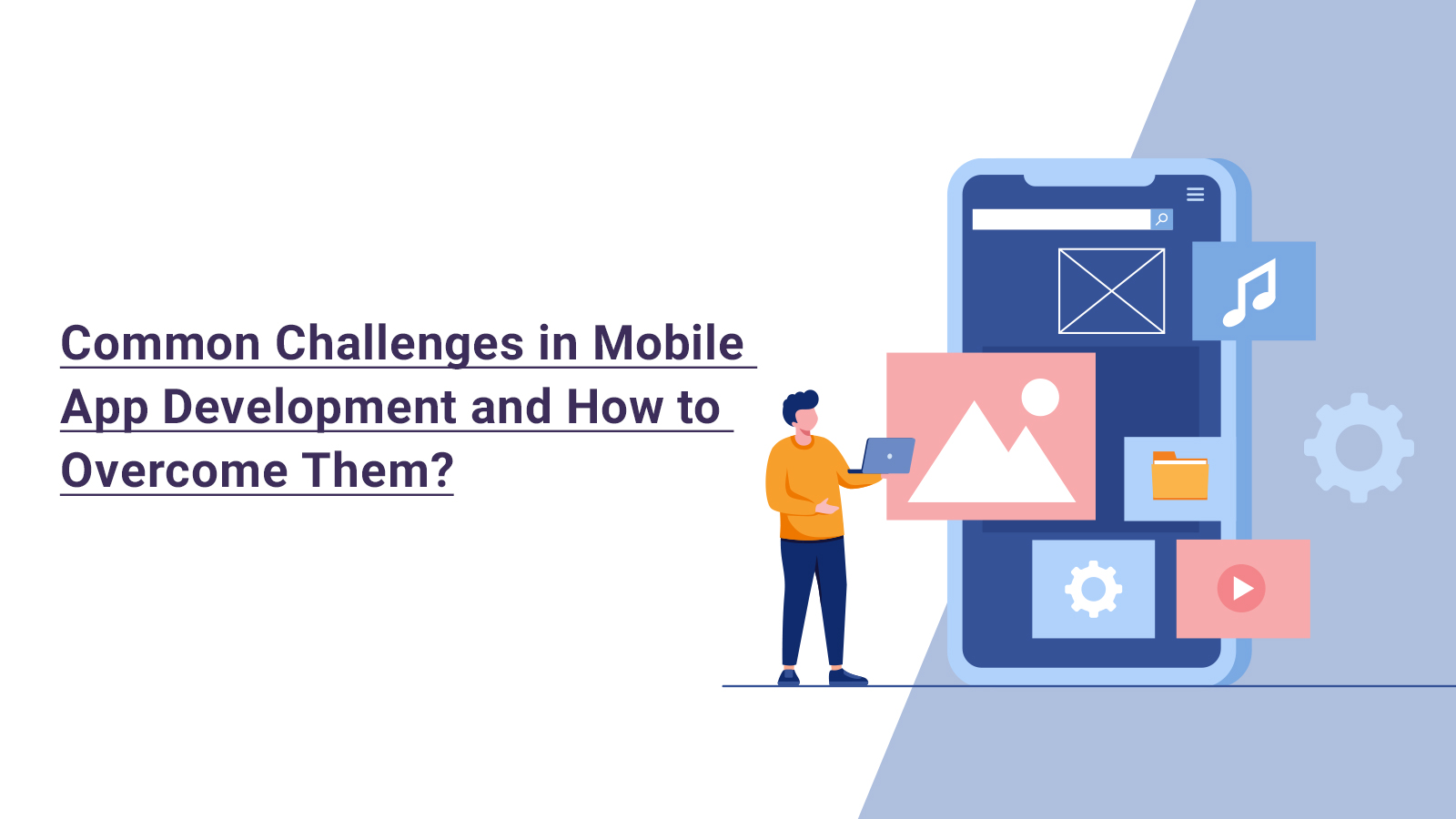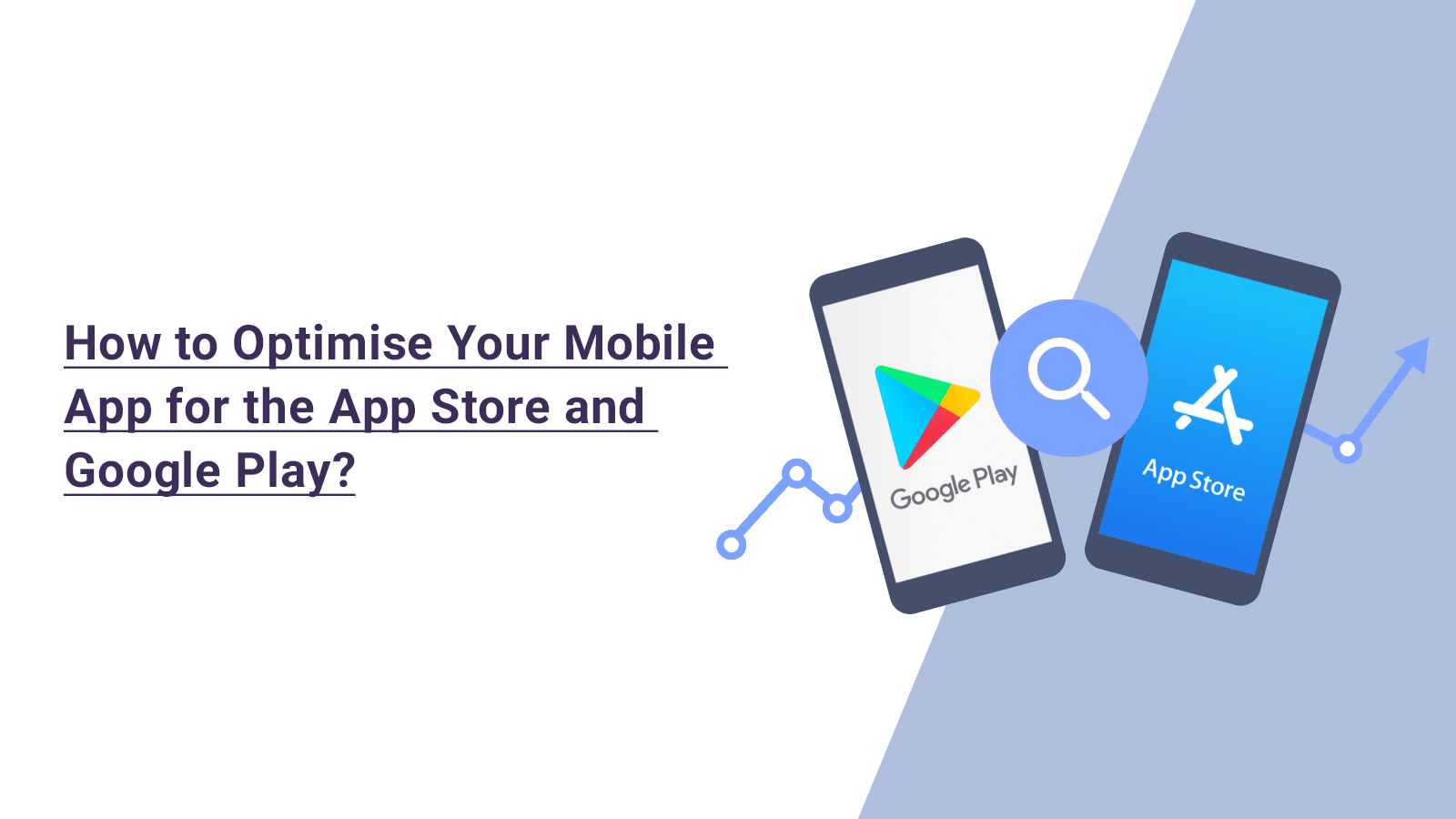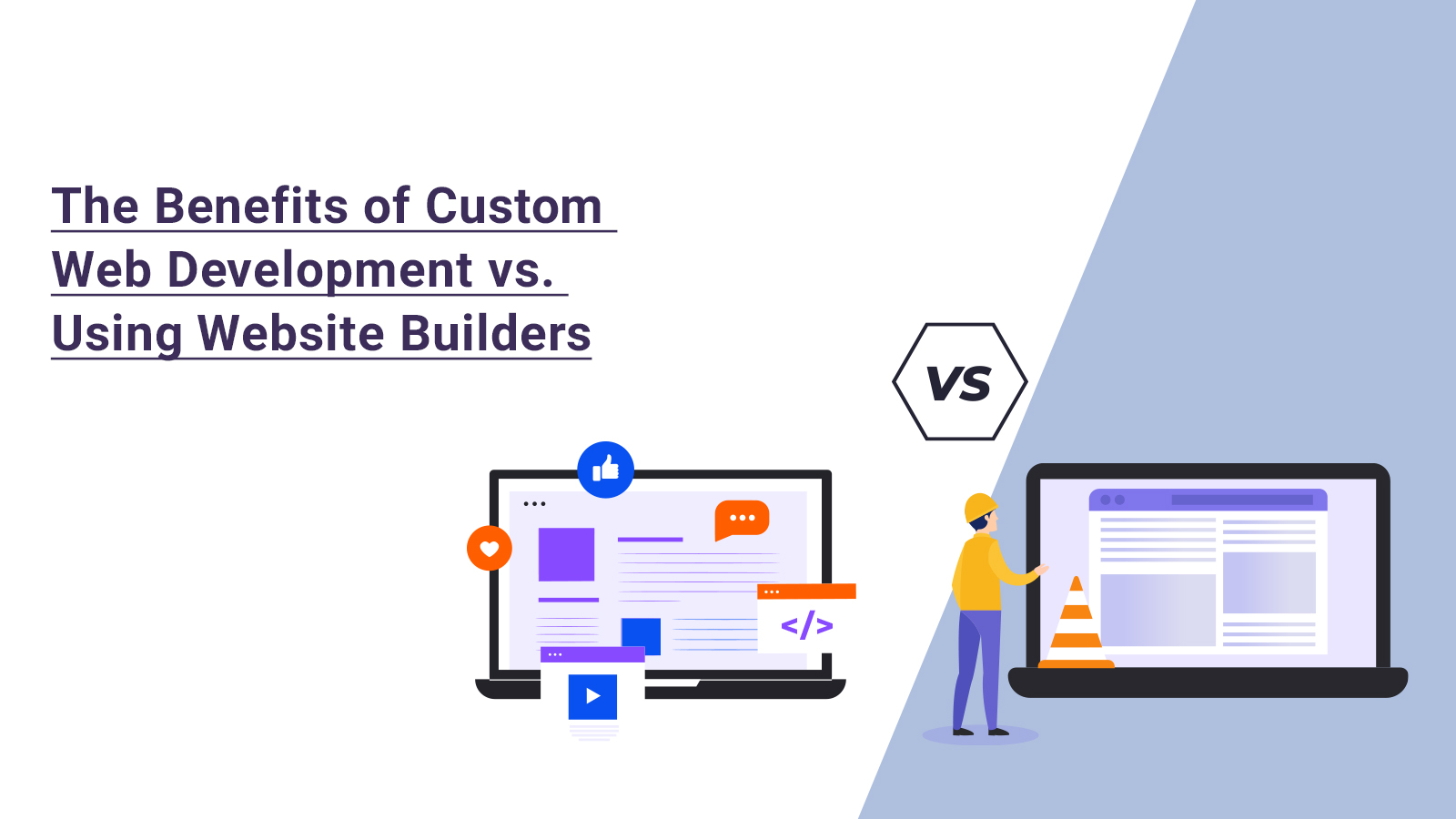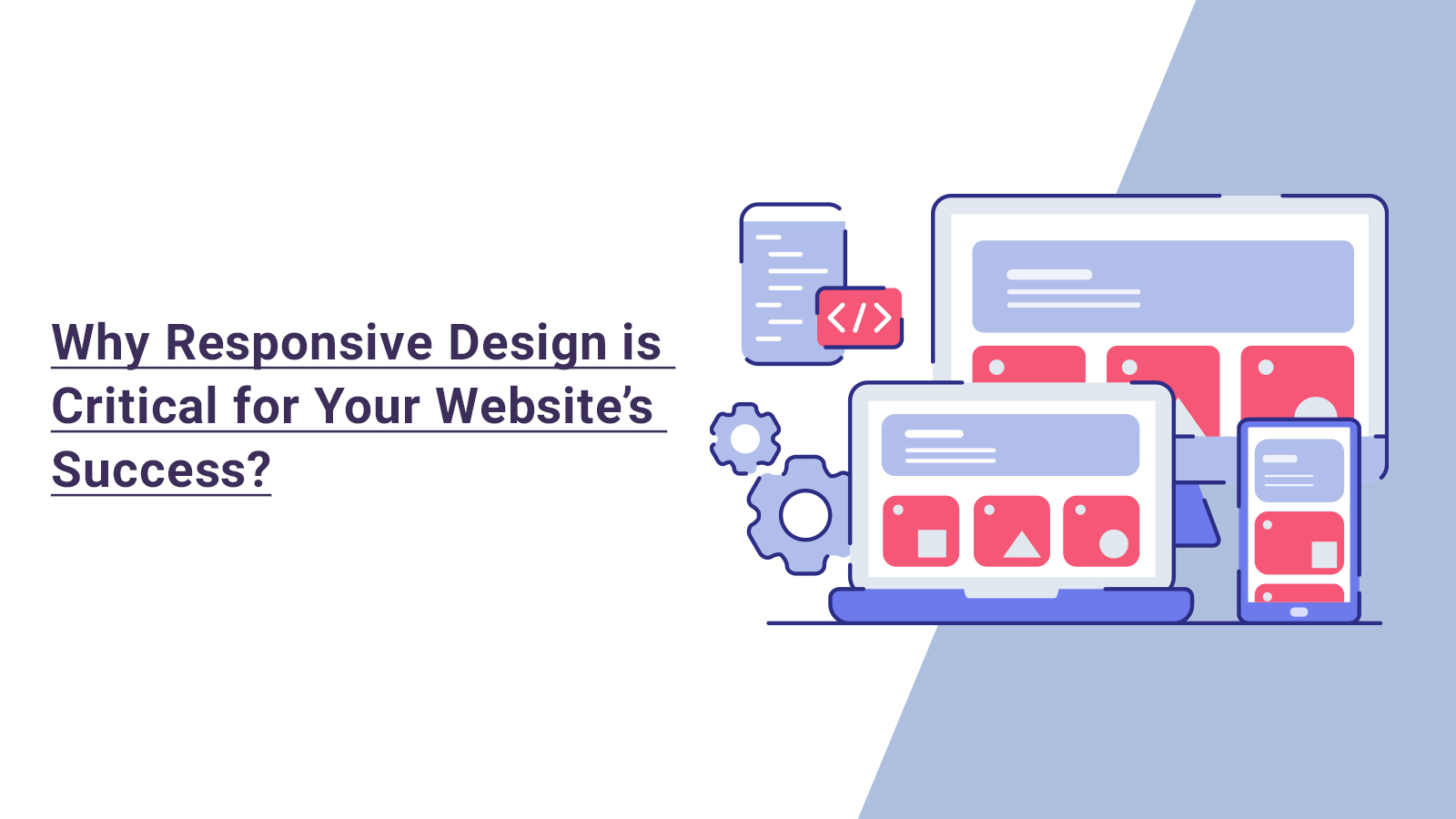In this blog, we discuss Common Challenges in Mobile App Development and How to Overcome Them, highlighting the key obstacles developers face and providing actionable solutions for a smoother development process.
There is no doubt that mobile apps have now become a big part of our daily activities, making it possible to complete different tasks with much ease. Nevertheless, the process of coming up with a winning mobile comes with many roadblocks.
Developers and mobile app development companies in Dubai and worldwide face a range of challenges in mobile app development, from ensuring compatibility across multiple devices to dealing with security vulnerabilities. Well, here, the author, Saurabh Mishra, has decided to outline these common mobile app development challenges and has provided some insights into overcoming them.
Common Challenges in Mobile App Development
1. Fragmentation and Compatibility Issues

One of the biggest challenges in Google mobile application development is called device fragmentation. The mobile market is crowded with many various devices, operating systems(iOS, Android, etc.) and screen sizes. Therefore any developer has a hard time making sure that their applications run on all of the devices without a hitch.
How to Overcome This:
– Test on Multiple Devices: Use physical devices and emulators to test the app across various screen sizes, operating systems, and hardware specifications.
– Optimise for Different Platforms: Adopt an approach that helps to either create an app solely for the platform or create an app that targets more than one platform using suitable frameworks such as Flutter or React Native.
– Update Regularly: Stay updated with OS updates and ensure the app functions well on the latest versions while supporting older ones.
2. Performance and Optimisation

A problem that many mobile app development companies encounter is providing a solution to meet the high performance of the mobile app. Performance problems such as slow loading pages, drain off batteries too fast, and high memory consumption have a negative effect on the users of apps and cause negative reviews.
How to Overcome This:
– Optimise App Code: Apply advanced programming methodologies in the software development process. During any development phase, involve profiling and testing for performance limitations to avoid performance hindrances later within the development phase.
– Reduce App Size: Opt for certain methods like lazy loading and image compression to lessen the size of the application.
– Efficient Memory Management: Ensure that the app does not consume too much memory by optimising data storage, cache management, and removing unused resources.
– Monitor App Performance: Use performance monitoring tools to track real-time performance and address issues promptly.
3. Security Vulnerabilities

Mobile application development has made security one of the critical areas of concern. Hackers often exploit vulnerabilities to gain access to sensitive user data, which can result in data breaches, financial losses, and reputational damage.
How to Overcome This:
– Data Encryption: No one should be able to access sensitive information other than the concerned parties.
– Use Secure Authentication: Make it challenging for unauthorised persons to gain access by using multi-factor authentication and secure passwords.
– Secure APIs: Safeguard APIs because they are one of the most targeted components by attackers.
– Regular Security Audits: Always perform security audits and penetration tests as well as solutions to existing problems.
4. User Experience (UX) and Interface Design (UI)

This is another important aspect in which mobile application development faces challenges. The challenge of making the app appealing with the user interface and enhancing good user interaction cannot be overlooked.
How to Overcome This:
– Follow UI/UX Design Principles: Emphasize clarity, consistency, and ease of use of the design. Make sure that users can access all the functions and that the structure is logical.
– Conduct User Testing: Feedback from actual users enables the learning to figure out the pain of the users, and the design gets better with every iteration.
– Use Responsive Design: Make sure the application has been made in such a way that it is responsive to changes in screen sizes and resolution but aesthetics are maintained.
5. App Store Approval and Compliance

One common aspect between the Apple App Store and the Google Play Store is the existence of predefined criteria that an app must meet before it becomes possible for it to be posted for the use of the public.
How to Overcome This:
– Understand App Store Guidelines: Understand how the two platforms work and the necessary rules to be followed so as to avoid complaints from Apple or Google.
– Prepare for Rejections: In case the rejection notice does come, pay attention promptly, correct the mistakes you received, and submit the app again.
– Test for Compliance: Use testing tools to ensure your app is compliant with platform-specific requirements, such as user permissions and data privacy laws.
Conclusion
Application development is anything but an easy task, as there are many complications involved. Whether it’s fragmentation, performance issues, or security flaws, top mobile app development companies face many challenges. They must also meet app store requirements before considering an application a success.
These challenges can be avoided if you apply current methods and strategies, increasing the chances of your app fetching good returns even in competitive environments. Without regard to whether you are engaging a mobile app development firm in Dubai or doing the development on your own, overwhelm your application with knowledge of the common obstacles.
FAQs
The biggest challenge often depends on the specific app and its target market. However, device fragmentation, performance optimisation, and security are common hurdles.
Using agile development methods, outsourcing development, and investing in prototyping can help manage app development costs effectively.
Performance optimisation is crucial because users expect apps to be fast, efficient, and battery-friendly. Poor performance can result in low user retention and negative reviews.
App Store Optimisation (ASO) helps improve your app’s ranking in search results, making it more visible to potential users, which leads to more downloads.
Implementing best practices like data encryption, secure authentication, and regular security audits can help protect your app from security threats.






